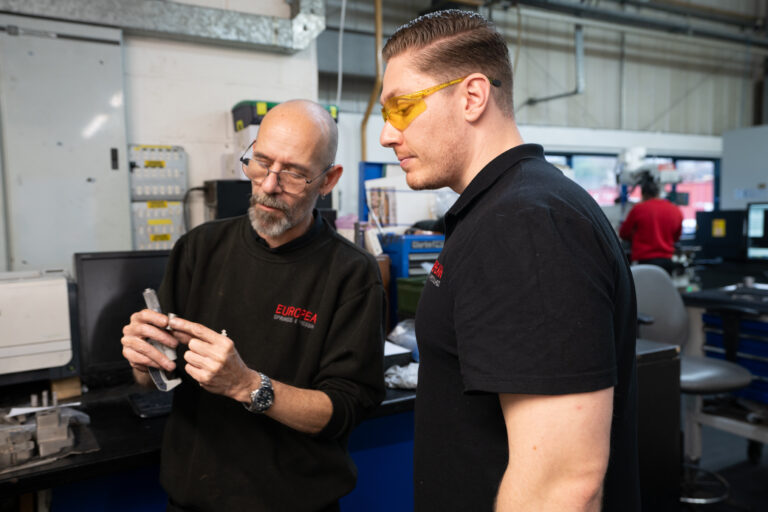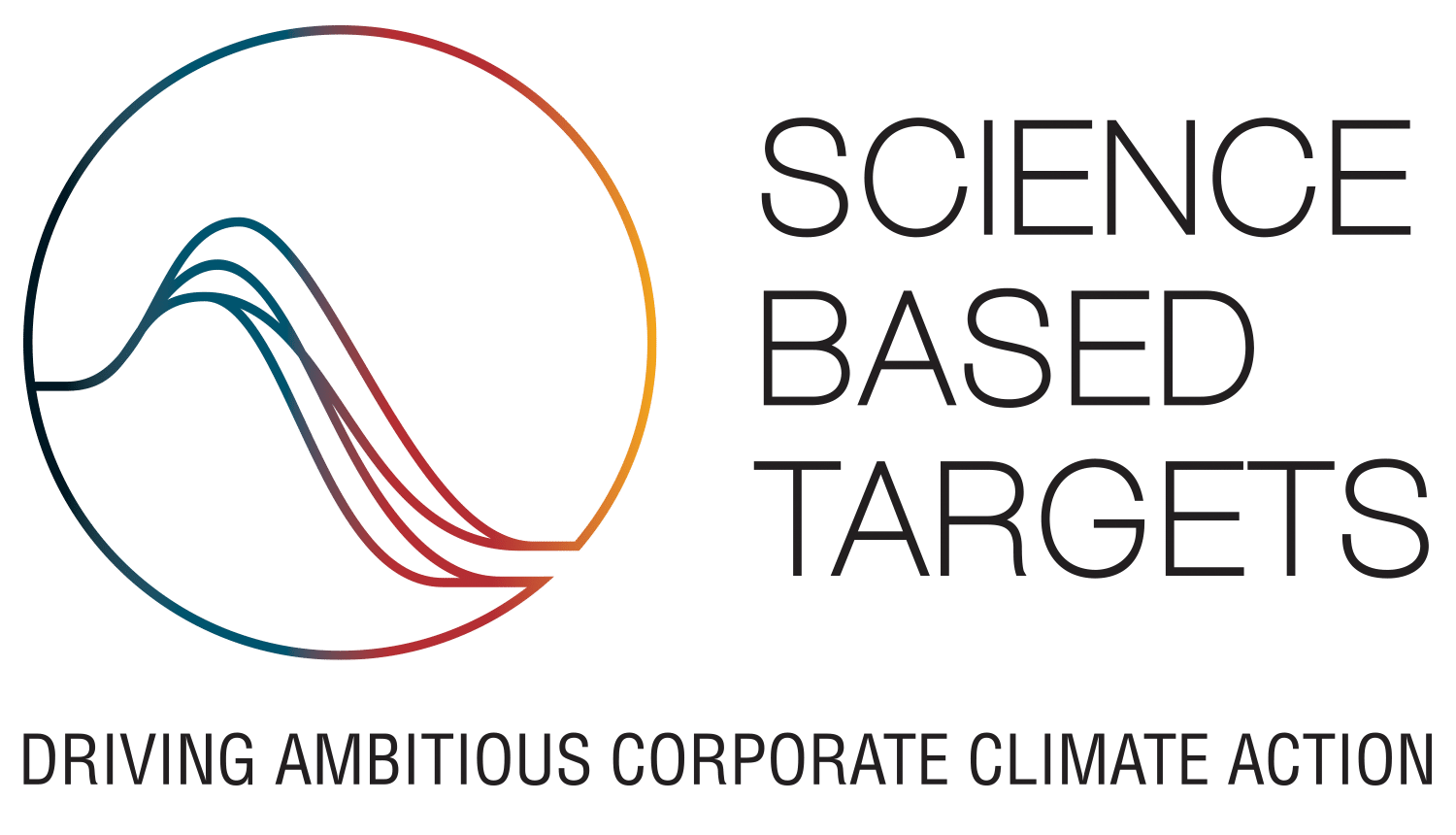 Sustainability has become the world’s foremost concern, encompassing every industry and a wide variety of practices. With this heightened attention, global and local businesses alike are seeking innovative solutions to align with eco-consciousness. Here, Enterprise Resource Planning (ERP) systems, initially designed to streamline operations and boost efficiency, are essential tools for improving sustainability within manufacturing. By using ERPs, manufacturers can easily optimise resource allocation, minimise waste, and reduce their environmental impact.
Sustainability has become the world’s foremost concern, encompassing every industry and a wide variety of practices. With this heightened attention, global and local businesses alike are seeking innovative solutions to align with eco-consciousness. Here, Enterprise Resource Planning (ERP) systems, initially designed to streamline operations and boost efficiency, are essential tools for improving sustainability within manufacturing. By using ERPs, manufacturers can easily optimise resource allocation, minimise waste, and reduce their environmental impact.
In this blog, we look into the dynamic relationship between ERPs and sustainability, exploring the areas where these systems make a difference by shaping environmentally friendly practices on factory floors worldwide.
Resource Optimisation and Waste Reduction
The first aspect we want to delve into is how ERP solutions are revolutionising manufacturing processes by optimising resource utilisation and minimising waste. These systems smoothly integrate various aspects of production, from procurement to inventory management, allowing manufacturers to track resource consumption accurately.
Thanks to real-time data analytics provided by ERPs, companies can identify poor or ineffective resource allocation and implement better strategies accordingly. These convenient solutions also facilitate the implementation of lean manufacturing principles, allowing companies to remove their non-value-added activities and, consequentially, additional resource-intensive processes.
A special mention goes to waste reduction by improving inventory management and demand forecasting. By using ERPs to predict demand patterns, manufacturers can adjust production schedules to match actual customer needs, reducing overproduction and subsequent waste. The adoption of just-in-time manufacturing practices, where materials are ordered and received only when needed, leads to substantially reduced inventory stockpiling and waste, which allows the alignment of operational efficiency with environmental sustainability goals.
Supply Chain Transparency and Ethical Sourcing
With consumers becoming increasingly aware of supply chain transparency and ethical material sourcing, manufacturers are prioritising sustainability in procurement, knowing it can improve their Corporate Social Responsibility (CSR) and positively impact their brand reputation. In this context, ERP systems are an excellent solution to achieve this objective; by centralising supplier data, they allow manufacturers to trace raw materials across the entire supply chain, from source to product. This transparency results in building consumer trust through informed decision-making and holding suppliers accountable for ethical and environmental practices.
Additionally, ERPs streamline collaboration between manufacturers and suppliers through real-time information exchange on sustainability metrics. By engaging suppliers in sustainability initiatives, these solutions allow for positive change throughout the supply chain while also identifying risks of unethical practices.
Improved Energy Management and Carbon Footprint Reduction
Energy management and carbon footprint reduction are core aspects of sustainable manufacturing, and ERPs are essential to making these initiatives possible and effortless. For example, integrating energy monitoring systems and Internet of Things (IoT) devices provides instant insights into energy consumption across all stages of production. From here, manufacturers can analyse energy usage patterns to identify areas of inefficiency and then implement targeted strategies to improve energy consumption and reduce carbon emissions. The adoption of these energy-efficient processes and equipment helps companies minimise their environmental impact and, at the same time, run cost-saving operations.
Another advantage ERPs offer is the opportunity to empower companies to participate in carbon trading schemes and offset programs, which results in additional contributions to carbon footprint reduction efforts.
Compliance Monitoring and Regulatory Adherence
Compliance monitoring and regulatory adherence are critical aspects of sustainable manufacturing that guarantee companies run their activity respecting environmental laws and regulations. Here is a breakdown of the main aspects that ERPs improve:
- They provide reliable compliance management features, allowing manufacturers to track regulatory requirements and ensure adherence across every step of the production process. By doing so, companies can streamline audits and proactively address any non-compliance issues.
- They allow for the implementation of environmental management systems and accreditations, such as ISO 14001, by providing the necessary tools for documentation, monitoring, and reporting.
- They enable companies to keep up with evolving regulations and adapt their processes accordingly. Through automated alerts and notifications, ERPs keep manufacturers informed of regulatory changes that may impact their work, allowing for timely adjustments to policies and procedures.
Data-Driven Decision-Making for Sustainable Practices
At European Springs, we are aware that data-driven decision-making lies at the heart of sustainability in manufacturing. It allows companies like ours to identify valuable opportunities for improvement and track progress towards sustainability goals. The wealth of data analytics tools that ERPs provide gives manufacturers the chance to gain helpful insights into various aspects of their activities, from resource utilisation to supply chain performance. By employing advanced analytics methods, companies can:
- Identify inefficiencies
- Benchmark performance against industry standards
- Prioritise areas for intervention
- Predict future trends and anticipate potential sustainability challenges
Through performance dashboards and KPI tracking, manufacturers can monitor key sustainability metrics and identify areas where performance falls short of targets. Overall, ERPs promote a culture of accountability and innovation, where sustainability becomes ingrained in day-to-day decision-making processes.
European Springs & Pressings’ Sustainability Statement
At European Springs, our sustainability commitment reflects our ongoing dedication to environmental stewardship and our determination to make a positive difference in the world. As premium spring manufacturers, we want to shape the future of the manufacturing industry and contribute positively to the world around us. From implementing energy-efficient technologies to optimising resources, we constantly make responsible choices that benefit our business and the planet. Our pledge in 2024 and for all the years to come is to reduce carbon emissions, minimise the environmental impact of our operations, and lower our carbon footprint.
If sustainability is a priority for your business and you’re interested in learning more about our initiatives and services, we invite you to reach out to us. Together, we can work towards a greener future for everyone.












